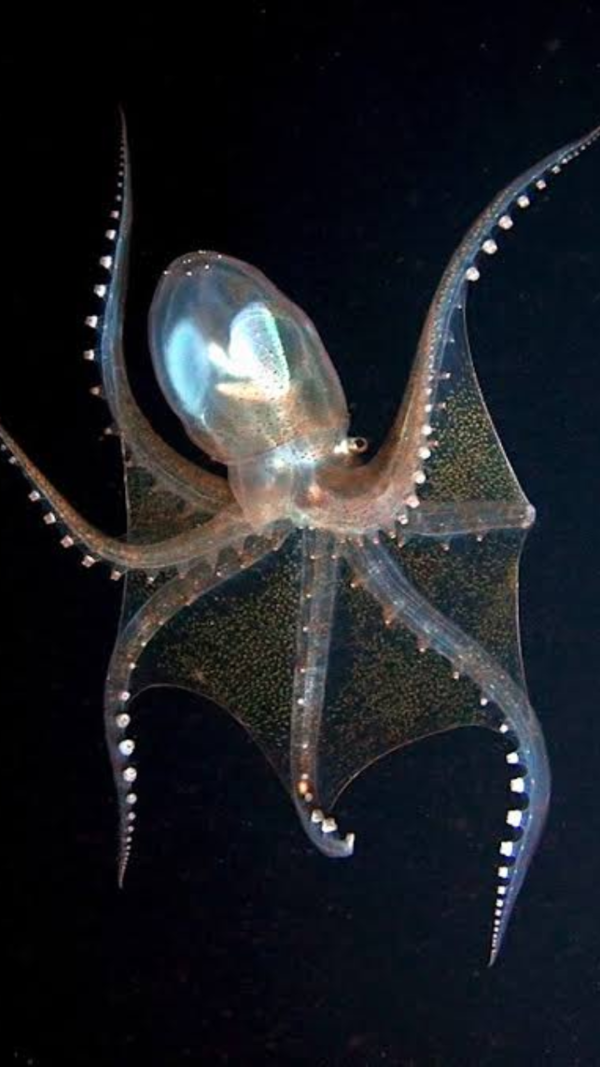Man who saw death explains 7 mysterious levels of afterlife

7 planes of the afterlife revealed by a dead man who says death isn’t the final stop
The mystery of what happens after death has intrigued humans for centuries. While no one truly knows for sure, the idea of an afterlife has always interested the minds of philosophers and spiritualists. Chris Carter is a popular author of three highly acclaimed books and several published articles dealing with controversial issues at the intersection of science and philosophy. Has written about the multiple stages that the soul undergoes in his book The Case for the Afterlife. His book delves into the after-death experiences of Frederic Myers, a British poet and founder of the Society for Psychical Research.
Myers, who passed away in 1901, allegedly communicated with psychics from beyond the grave, sharing vivid descriptions of the afterlife. Myers' messages described a journey through several planes of existence, giving an interesting glimpse into a potential post-death reality. Carter believes that Myers' experiences provide compelling "proof" of an afterlife, though it’s not quite the way most people imagine it.

Chris Carter explores afterlife
Carter examines the post-death messages of Frederic Myers, who is said to have provided valuable information about the journey of the soul after death. Carter presents Myers' experiences through psychics, interpreting them as evidence of a spiritual realm beyond our earthly existence. These descriptions give a more intricate view of what might lie beyond life on Earth. According to him, Meyers said that the afterlife looks like undergoing many planes beyond the Earth.

The first plane beyond the Earth
According to Myers' messages, after death, souls first travel through Earth’s spiritual plane, which is considered the starting point of the afterlife journey. Myers described this initial phase as an entry point where the soul begins its transition. Carter explains that this is just "level one," where souls start adjusting to their new existence. From here, the soul embarks on a journey through multiple stages, where each represents a higher level of spiritual evolution.

Hades the second plane
The second plane in Myers' afterlife vision is Hades, often seen as an astral resting space. Here, souls experience a "temporary resting place on the borders of two worlds," giving them peace and calm as they adjust to their new reality. Myers himself, according to Carter, described his time in Hades as peaceful, as a place "of half-lights and drowsy peace." This intermediate space varies depending on the needs of the individual, with children needing less time here than adults.

The Sphere of Terrene Imagination

Eido The fourth plane
Eido, the fourth plane, is described as a true "heaven-world" where souls experience unimaginable beauty, far surpassing anything on Earth. According to Myers, this is the place where he eventually reached, finding it to be a peaceful, blissful world of perfect harmony. This plane is full of vivid colours and a serene environment, far away from the struggles and suffering experienced in the material world. Eido represents a soul's elevated spiritual state.

The plane of flame and the plane of light
Myers described the fifth plane as the "Plane of flame," a realm that is harder to define but considered a more remote part of the afterlife. This plane, along with the sixth, is described as increasingly desirable yet more challenging to explain. The sixth plane, known as the "Plane of light," represents the complete transformation of the soul. Here, the individual sheds all earthly limitations and exists purely as light, moving closer to immortality.

Out-yonder the final plane beyond Earth
The seventh and final plane, "Out-Yonder," is described as the final flight of the soul beyond the physical universe. Unlike the traditional concept of Heaven, where individuals meet God, Myers suggested that in this plane, souls are still too primitive to encounter the divine directly. Carter explains that the newly departed are not yet advanced enough to approach God. This final stage is not about divine reunion but rather the soul’s ultimate transcendence, moving further from earthly existence into spiritual form.








